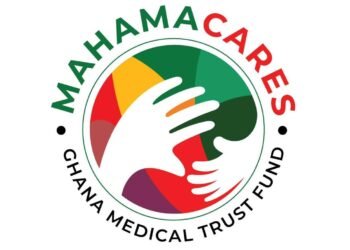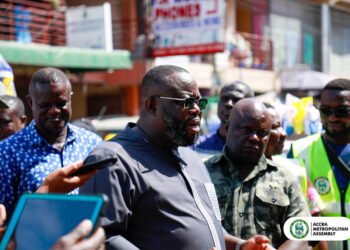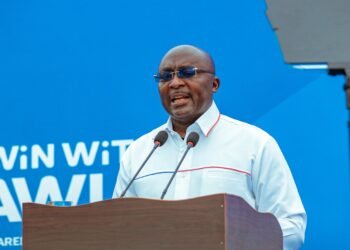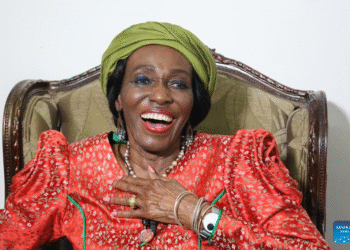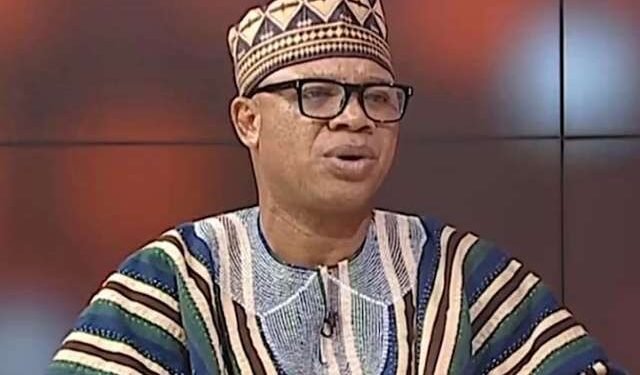Data and Policy Analyst Alfred Appiah has called for Ghana’s ongoing anti-corruption campaign under the Operation Recover All Loots (ORAL) initiative to move beyond a reactive “catch-up” approach toward building stronger systems that can prevent the looting of public resources before it occurs.
In a detailed analysis of the Attorney-General’s recent briefing on corruption investigations, Appiah acknowledged the progress made under the ORAL initiative but warned that without structural and institutional reforms, the country risks turning the campaign into a cycle of recovery rather than prevention.
According to him, the government must shift from merely tracing stolen wealth to creating proactive mechanisms that strengthen financial oversight, transparency, and compliance across all sectors of public administration.
Appiah further argued that Ghana must now begin developing robust preventive mechanisms to complement the reactive investigations that dominate ORAL.
“For instance, if the Financial Intelligence Centre (FIC) could help investigators track these questionable transactions after the fact, why couldn’t that happen proactively? If there are rules around due diligence for transactions above certain thresholds, then those rules are clearly not working.”
Data and Policy Analyst Alfred Appiah
He stressed that the country’s anti-corruption architecture must be data-driven, technology-enhanced, and institutionally coordinated to detect irregular financial activities before they translate into large-scale theft.
“We can’t keep playing catch-up. Every cedi embezzled takes away from needed public spending to address significant national issues. Ghana’s fight against corruption must be about safeguarding development resources, not just recovering stolen ones.”
Data and Policy Analyst Alfred Appiah
Public Anticipation
He explained that the heightened anticipation among Ghanaians stemmed largely from early projections that placed the total value of recoverable loot at billions of dollars—a figure he described as misleading and unrealistic.

“The election campaign period and the activities of the ORAL preparatory committee created huge public expectations. People were not adequately informed about the work it would take to achieve ORAL. Any sense of impatience from the public is likely due to the expectation that was created.”
Data and Policy Analyst Alfred Appiah
Appiah cautioned that such inflated expectations risk undermining public confidence in the Attorney-General’s ongoing efforts, especially as the investigations require time, expertise, and verifiable evidence to stand the test of judicial scrutiny.
Commenting on perceptions of bias in the administration of justice, Appiah noted that the Attorney-General’s handling of previous cases involving persons connected to the ruling party had created a sense of doubt about the impartiality of ORAL.
“The AG’s handling of cases involving people affiliated with the ruling party, such as Saglemi, Unibank, and the financial sector cleanup, created a certain level of doubt about ORAL.”
Data and Policy Analyst Alfred Appiah
Attorney General on Course
Nonetheless, the analyst commended Attorney-General Dr. Dominic Ayine for his commitment to transparency and consistency in updating the public on the progress of investigations and prosecutions.
“His willingness to continue to update the public on the investigations and charges without too much legalese is great. The public gets a good sense of the cases. So, if one day someone decides to drop charges, there would be more pushback.”
Data and Policy Analyst Alfred Appiah
He added that this openness strengthens public oversight and accountability, helping Ghanaians better understand the process of gathering credible evidence and prosecuting corruption cases in a legally sound manner.
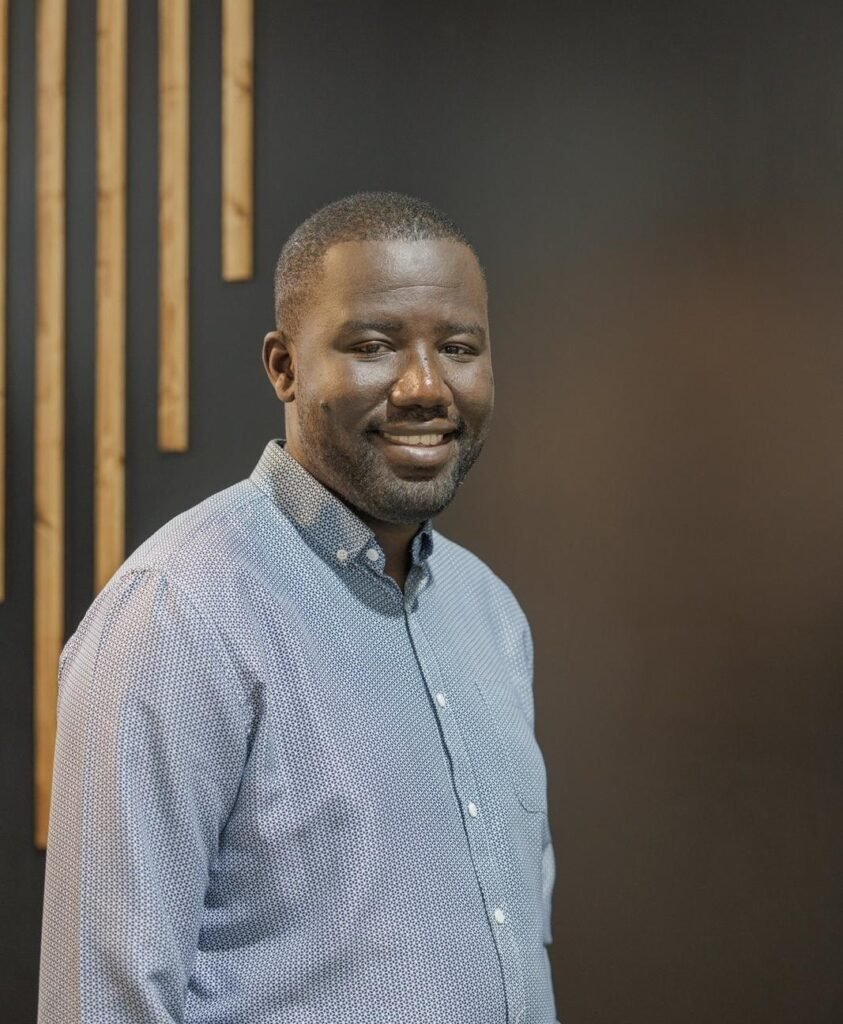
Appiah also emphasized the importance of supporting the Attorney-General’s office with adequate resources, technical capacity, and institutional backing to ensure successful prosecutions.
“The AG needs all the support to see these cases through. The public should also manage its expectations and be patient with the AG’s department. We have all become more aware of the level of work involved in one investigation based on the AG’s briefings”.
Data and Policy Analyst Alfred Appiah
To ensure long-term effectiveness and measurable results, the analyst proposed that the Attorney-General’s office publish clear performance indicators for ORAL. This, he noted, could include a proper estimate of the recoverable loot, prosecution rates, conviction rates, and recovery rates.
He noted that such transparency in performance reporting would not only enhance accountability but also help the public appreciate the complexity and scale of corruption investigations.
Appiah’s remarks follow the Attorney-General’s latest update, revealing that investigations into seven major corruption cases have been completed under President John Dramani Mahama’s ORAL initiative, with several others nearing conclusion.
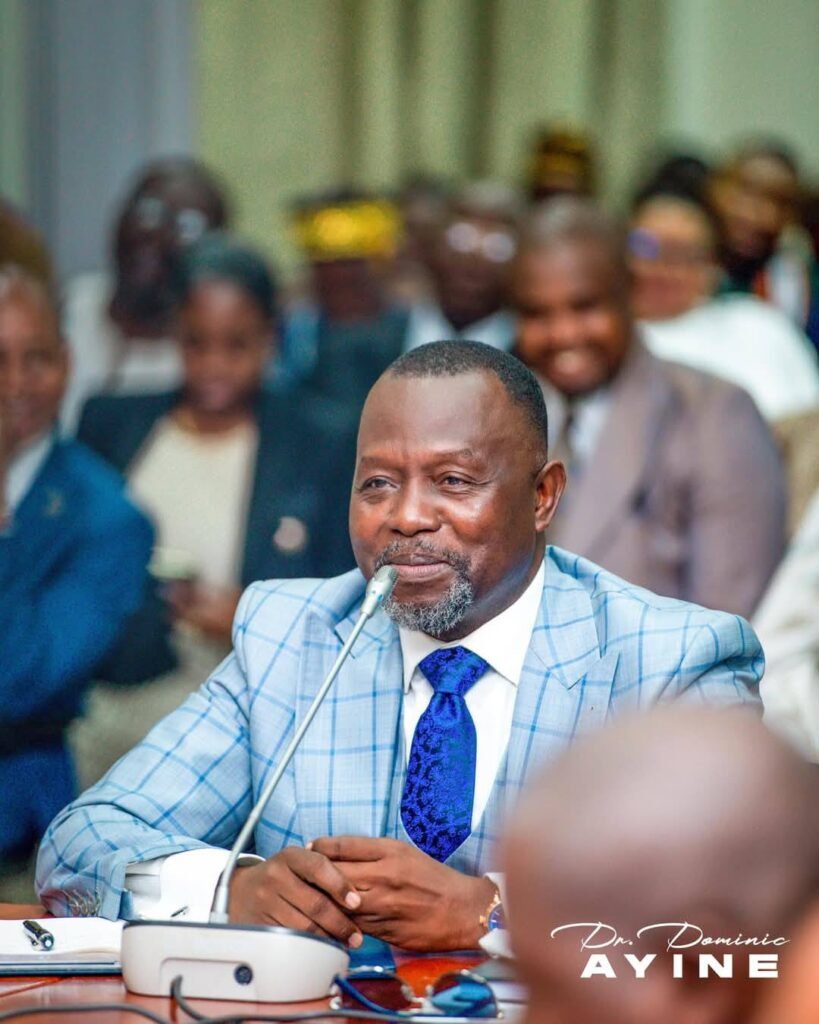
These include the Sky Train Project, the National Service Ghost Names Scandal, the District Road Improvement Project (DRIP), the Pwalugu Multi-Purpose Dam, and the Boankra Integrated Inland Logistics Terminal.
Dr. Ayine had stressed that his department would only pursue prosecutions grounded in “credible, court-proof evidence” and urged Ghanaians to be patient while investigations are concluded properly to ensure sustainable convictions.
For Appiah, however, Ghana’s anti-corruption fight must evolve into a long-term, systemic mechanism that eliminates the conditions under which corruption flourishes.
READ ALSO: Ghana Urged to Boost Petroleum Investment to Realise $16bn Market Potential




